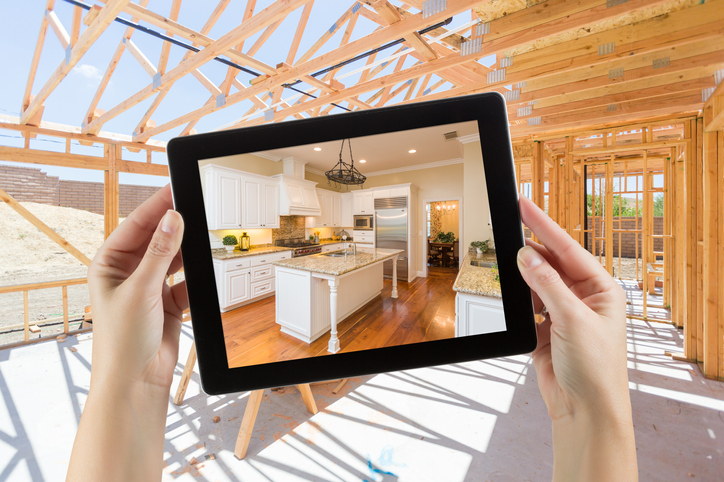
Home renovation loans are the smartest way for homeowners to finance their entire renovation project, yet most people don't even know that they exist or how they work.
A home renovation loan is based on one key factor: after renovation value. This gives homeowners credit for the increase in home value from the proposed renovation upfront. Renovation loans use a home's estimated after-renovation value instead of its current home value to calculate how much a homeowner can borrow.
Can I Borrow Money To Renovate
A home renovation loan is worth considering if you don't have enough funds to finance upgrades or repairs. It's also worth investigating if you've set your sights on a property with a cheap asking price but extensive repairs.
These loans may be a significant help for homeowners or purchasers who want more control over the growing equity in their house by making improvements, but they're usually only approved for major renovations, not handyman labor. A home renovation loan might be a useful tool if the undertaking will increase the property's value.
Should I Borrow To Renovate Loan
A home equity line of credit, or HELOC, is a type of home equity loan that allows you to draw funds as you need them and repay the money at a variable interest rate. They're generally best for people who need funds for ongoing home improvement projects or who need more time to pay down existing debt. To get the best rates, you'll have to have a high credit score, a low debt-to-income ratio, and a lot of tappable equity in your home.
A personal loan can be a helpful resource when you need to pay for large or unexpected expenses. But to make the most of one, it's best to have a reliable plan to pay it off. If you have decided to apply for a personal loan, consider all of the factors that go into taking the loan.
Should I Borrow To Renovate How Much
Your first step to evaluating whether you should borrow money to renovate is to estimate the project budget. Tally up the contractor bids and any additional costs to complete your remodel. Then pad your budget.
You may be able to save money and pay for the renovation with cash over time, rather than borrowing. Smaller projects could relieve some of the initial financial stress by spreading out contractor invoices. If your remodeling budget has more commas than you expected, consider breaking the project into smaller phases that you can tackle over time.
Second Charge Mortgage
A second-charge mortgage is a little more complicated. In this case, you're taking out a second mortgage, almost always with a new lender. The "second charge" refers to security: your original lender will have the first charge on your home, which means that if you fail to repay, it can take your property and sell it.
Can You Borrow More Than The House Is Worth To Renovate?
The ideal home improvement mortgage allows you to borrow up to 95% of the cost of the property as well as all of its improvement costs. Any mortgage offer will be based on the purchase price of the home—even if this is lower than the actual value.
Can I Borrow Extra For Renovations?
If you are buying a house and do not need to hire a contractor to build it, you can usually borrow up to 90% of the purchase price plus the cost of renovations for minor renovations.
Are Renovations Included In Mortgage?
A home renovation loan is a second loan you take out, just like you would for a new car or a home equity line of credit. It's not lumped into your mortgage, so you'll make two separate payments-one for the project and one to pay off the interest.
